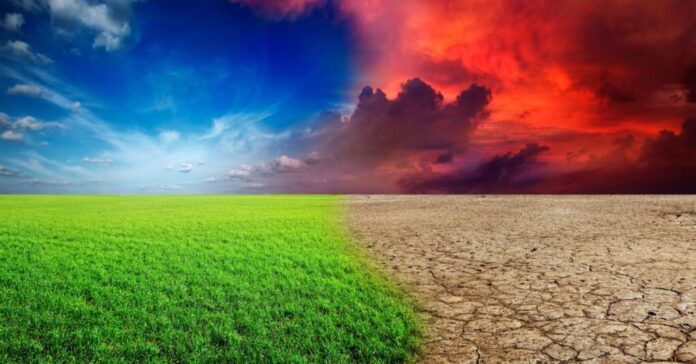Climate change has arguably become one of the most pressing issues at hand—not just within the United States but across the entire globe. Some believe it to be the biggest farce, so top companies can grab money. Others believe that if we don’t start doing something right away, it could be catastrophic for future generations.
So, let’s take a look. What are the biggest concerns?
1. Economic Disruption
One of the significant implications of climate change is its potential economic consequences, which can affect industries, global markets, production capabilities, and consumer prices. As sea levels rise (due to warmer oceans) and extreme weather events increase in frequency, property damage and loss can occur, thus impacting employment sectors.
2. Health Risks
The climatological challenges caused by climate change may result not only in damage to buildings or infrastructure but personal health as well. For instance, rising temperatures may contribute to diseases spreading more efficiently or cause health hazards due to heat conditions. A case in point is the increase in incidents of heat stroke owing to unprecedented summer heat waves.
3. Social Divisions
The subject also plays a crucial role in societal discrepancies, wherein communities situated in coastal areas face increasing threats of land subsidence linked with rising sea levels. Additionally, some marginalized social groups are also more vulnerable to the severe repercussions of these environmental effects.
4. National Security Implications
Another significant issue surrounding climate change is its impact on national security. Rising water levels threaten low-lying nations, which could potentially lead to large refugee populations seeking asylum or creating territorial disputes amongst neighboring countries. Rising temperatures also foster unsteady ground for political stability.
5. Environmental Consequences
Perhaps the most widely acknowledged reason for climate change debates involves the direct changes observable in global ecosystems. Shifts in flora and fauna diversity, deforestation, and melting ice caps and glaciers are just a few visible impacts on our natural environment. These consequences have ignited public conversations about mitigating risks and preserving biodiversity.
6. Public Outcry and Political Pressure
Scientific research documenting climate change, as well as the rising public consciousness about climate emergencies, thanks to efforts of nonprofits and activist groups, puts increasing pressure on the political process and leaders to take strong action against climate change.
7. Energy Sector Dynamics
Climate discussion extends significantly onto topics surrounding energy security, carbon pricing policies and transition toward cleaner sources such as renewables. For the US, which has the world’s second-largest energy consumption, making effective, equitable, and sustainable choices toward a clean energy future is a complex but indispensable area of debate.
8. Generational Concerns
Lastly, among numerous reasons behind the intense debate around climate change are intergenerational concerns that consider whether today’s actions leave the next generation with a habitable planet or an Earth fraught with unresolved and worsening climatic conditions. The fear instilled by a bleak prediction like that brings emotional weightage into play, propelling it further into the spotlight.
Given these factors, what are your thoughts? Are you a believer that climate change is real, or is it just another thing for the liberals to scare us with?




